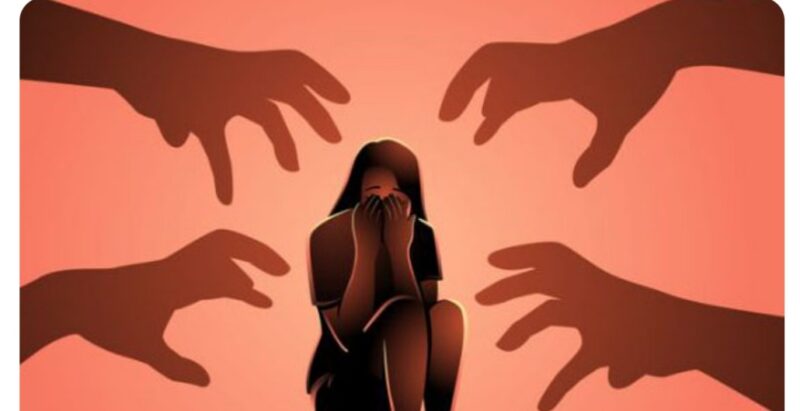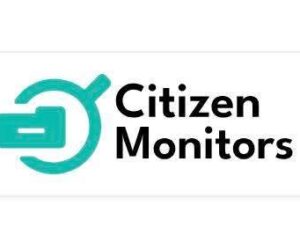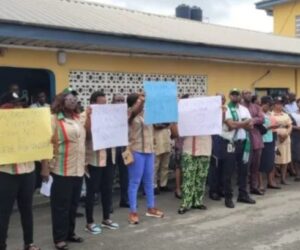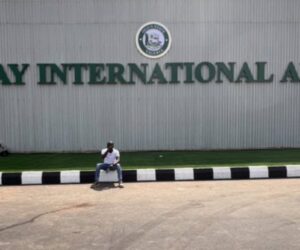The Rivers State Government, in partnership with the United Nations Children’s Fund (UNICEF), has intensified efforts to eradicate Female Genital Mutilation (FGM) and other forms of Gender-Based Violence (GBV) across the state.
The initiative, supported by UNICEF and the United Nations Population Fund (UNFPA), is designed to mobilize communities and stakeholders towards the complete abandonment of FGM in Rivers State.
Advertisement
The programme was formally launched with a two-day stakeholder engagement session in Port Harcourt. The meeting brought together representatives from the justice, legislative, and security sectors, traditional rulers, civil society organizations, survivors, NGOs, adolescents, and trained facilitators.
Speaking during the event, the Permanent Secretary of the Rivers State Ministry of Social Welfare and Rehabilitation, Professor Justina Jumbo, explained that the initiative will begin in four Local Government Areas—Abua/Odual, Ahoada East, Ahoada West, and Emohua—before extending to other parts of the state.
She disclosed that the Ministry, in collaboration with UNICEF, has already trained 60 community facilitators. Each facilitator is expected to mentor 15 adolescents within their communities, empowering them with knowledge and advocacy skills to campaign against FGM and support its elimination.
READ MORE: Four Arrested As Rivers Police Bust Robbery, Kidnapping Syndicate
Professor Jumbo described FGM as a harmful traditional practice that infringes on human rights and causes severe long-term health challenges. “FGM is an evil that should be stopped,” she emphasized.
She further cautioned against subtle forms of the practice, such as rubbing, pressing, or massaging the genital area of baby girls with hot water or vaseline, often carried out under cultural or traditional pretexts. According to her, such practices damage nerve endings and can lead to reduced sexual sensitivity, childbirth complications, and other lifelong consequences.
“The state has been collaborating with UNICEF and UNFPA to tackle the menace of FGM and other gender violence for a while now. People practice FGM due to fear of stigmatisation and ignorance,” Jumbo stated.
Highlighting the government’s commitment, she noted that Rivers State has shown strong political will by being the first to host and support participants in training programs aimed at ending FGM.
The Permanent Secretary also stressed that existing laws in Rivers State provide legal backing against the harmful practice, citing the Rivers State Dehumanising and Harmful Traditional Practice Abolition Law No. 11 of 2015, the Violence Against Persons Prohibition (VAPP) Act, and the Child Rights Act.
“The communique from the training will be forwarded to the state administrator, and UNICEF will also receive the outcome of the deliberations,” she added.
Also speaking, Victor Atuchukwu, UNICEF’s Child Protection Specialist for the Enugu Field Office, warned that the prevalence of FGM among women aged 15-49 and girls aged 0-14 in Rivers State remains alarming.
“The prevalence of FGM is something that should be declared a state of emergency,” Atuchukwu said, stressing the urgency of coordinated action. “We’ve been engaging with critical stakeholders in Rivers State for the past two months, and the data speaks for itself. We need to work double time to ensure that all forms of violence against women and girls, including FGM, are eradicated by 2030.”
He explained that UNICEF’s strategy in the state is a multi-faceted programme focusing on community engagement, stakeholder training, and capacity building, with an emphasis on empowering adolescent girls and households to champion the fight against FGM.
A survivor of FGM, Veronica Odum, shared her personal ordeal, recalling how the procedure led to severe health complications and multiple miscarriages. “I lost my first child due to infection from FGM, and my second child nearly didn’t make it at Borikiri Specialist Hospital. After moving to the UK, I suffered three miscarriages, including one set of twins, and had two infections. A nurse told me, ‘She’s one of them,’ referring to women who’ve undergone circumcision. This was the reason for my complications. I’m speaking out to warn others: female genital mutilation is extremely dangerous, and we must stop it,” she narrated.
In his remarks, Chief Ipalibo Oguge, Paramount Ruler of Uwema Otari Community in Abua/Odual LGA, called on fellow traditional rulers to lead the campaign against FGM in their communities.
According to Martha Igbiks, Head of Media in the Rivers State Ministry of Social Welfare and Rehabilitation, the joint initiative between the state government and UNICEF demonstrates a strong commitment to protecting women and girls. She noted that Rivers State’s proactive approach should serve as a model for other states in Nigeria.









